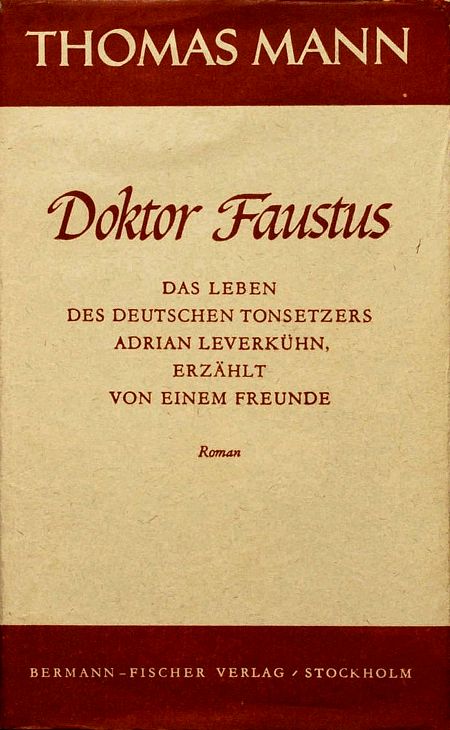Most of my Grand Tour books I’ve been finding off my own bat, but Antal Szerb’s 1937 novel Journey by Moonlight (Utas és holdvilág) was a recommendation from a friend. When I spotted it was in the library (the only Hungarian novel in translation we have, apart from Imre Kertész’s brilliant but harrowing Fatelessness, which I read last year), I was convinced it was meant to be. I read the Pushkin translation by Len Rix.
I normally know what I’m going to write about a book before I start, but this time I’m stumped. It’s not that I didn’t like it; I did. But I found it a hard book to get a handle on. Perhaps writing a basic synopsis will help. It opens with newlyweds Mihály and Erzsi honeymooning in Italy. One night, looking for a bar where he can have a glass of wine, Mihály gets lost in the back alleys of Venice and doesn’t find his way back until the following day. This is a sign of things to come: later in their journey he gets off a train to buy a cup of coffee and boards a different train by mistake, ending up in Perugia. Erzsi and Mihály’s separation is bound up with his quest for his lost … not love, exactly, but a ghost of his childhood. A lengthy but engrossing early chapter is devoted to a description of Mihály’s teenage friendship with two theatrical siblings, Tamás and Éva. Tamás is long dead and Éva long vanished, and the appearance in Ravenna of another friend, the weaselly János Szepetneki, awakes in Mihály memories of these halcyon days.
One of the ways I understand books is to establish connections between them and other books and films – presumably there’s a knotty network somewhere in my head with strong and weak bonds between everything I’ve ever seen and read – and at moments reading this book I thought, aha! Death in Venice, or, more often, aha! Don’t Look Now. Italy, the insatiable desire to pursue the unreachable, even at the expense of your personal safety. Le Grand Meaulnes also came to mind, with its themes of nostalgia, of the folly or at any rate the impossibility of recapturing what is inescapably past. Nostalgia is a powerful pull in this book too. But none of them stayed in my mind for long: Journey by Moonlight is very much its own beast.
I wrote – well, I didn’t write it, but I thought it – that the plot is unpredictable. How is it unpredictable, you ask. Well, one thing is that its characters behave in unexpected ways that are nevertheless utterly credible. The touchingly unconventional relationship of Mihály and Erzsi is a case in point. Ninety-eight percent of the time, let’s say, a husband and wife separated accidentally on their honeymoon would make great efforts to be reunited. Here, neither does: Mihály, one of the more passive of men, has cold feet about his marriage already, feet coldened further by his having received a letter from Erzsi’s ex-husband advising him that because she is accustomed to the finer things in life he had better stop being such a cheapskate, and moreover he wants to spend time chasing his past; for her part, the pragmatic Erzsi not only loves Mihály but appears to understand him, and believes that leaving him alone for a while may optimise her chances of getting him back. She goes to Paris to visit her friend Sári.
‘Well of course you must divorce Mihály.’
‘It’s not quite so “of course”.’
‘What, after all he’s done?’
‘Yes. But Mihály isn’t like other people. That’s why I chose him.’
‘And that was a fine move. I really dislike the sort of people who aren’t like other people. It’s true other people are so boring. But so are the ones who aren’t like them.’
Separated, the unexpected (but nevertheless utterly credible) happens: Erzsi learns to embrace thrift, and Mihály has a fling with a dim American art student, Millicent Ingram (‘She knew of Luca della Robbia that it was a city on the Arno, and claimed that she had been with Watteau in his Paris studio’). There’s a freewheeling fun to the Millicent episode, with Mihály apparently liberated for the first time from his staid adult existence, but it doesn’t last, and once more he sets off in search of Éva. This is followed by further adventures with an old acquaintance, Ervin, now become a monk, and a university friend, Waldheim, now a philosopher of death (a marvellous comic creation, a man who eats only cold meat but welcomes Mihály to his house saying he’s ‘arranged for a bit of variety’ and proudly produces a banana). These characters assume a symbolic importance that was generally lost on me, but might be less so on a second reading. I sensed a spirituality to the book that was tantalisingly out of reach.
In the end Mihály’s life is redeemed by several acts of kindness, and he returns to a semblance of normality. The conclusion is beautiful in its way, though sad, a hymn to a small life. Many people whose opinions I respect not only adore this book but acclaim it as one of the great masterpieces of modern fiction. Nicholas Lezard writes that on finishing it he went right back to the beginning and read it again. I almost feel I should do the same: it’s a book that has grown in stature through my contemplation of it.





